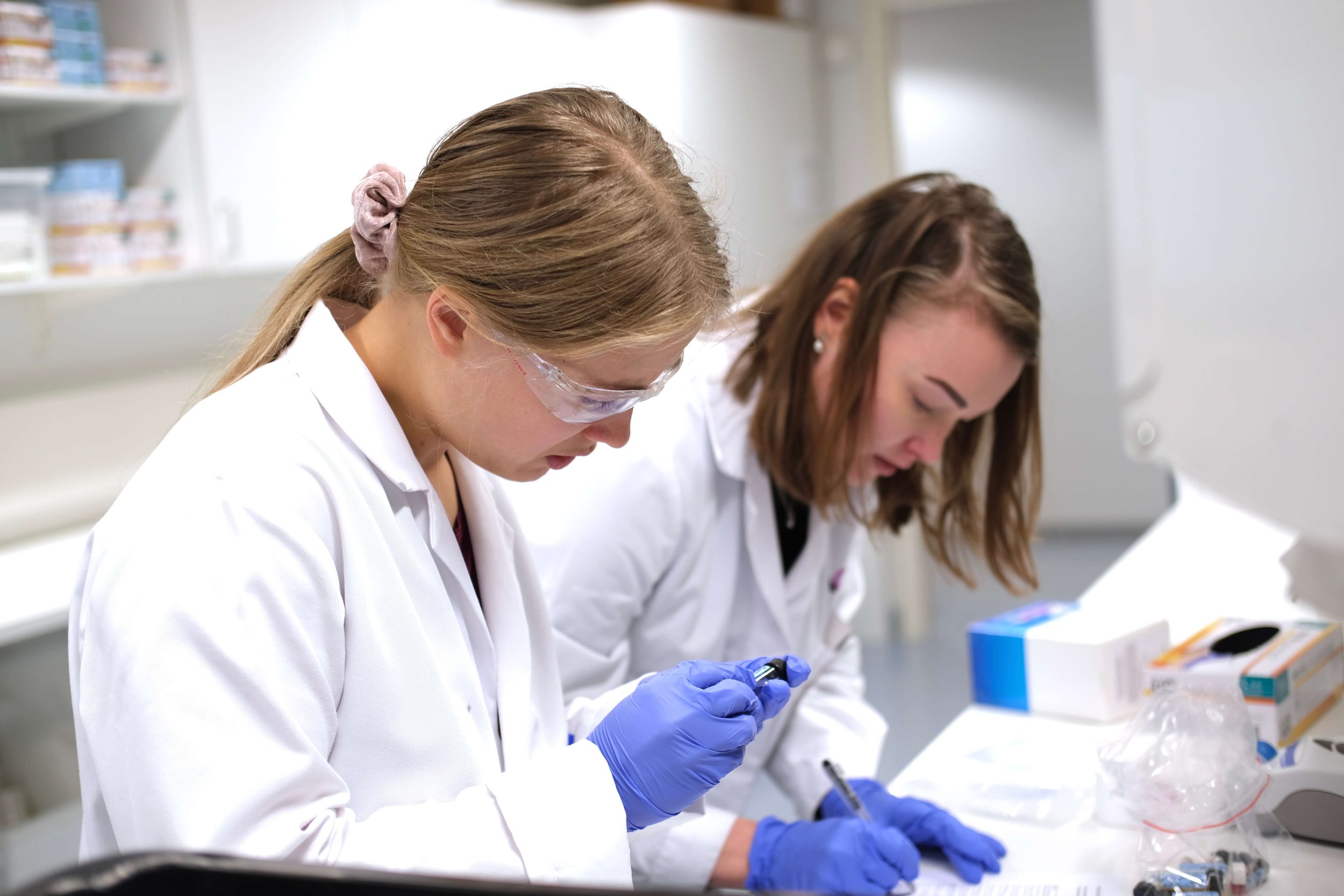
Using biosensors to detect prostate & bladder cancer from urine
Improving prostate cancer detection and treatment monitoring.
Globally, an alarming 1.4 million new prostate cancer cases are diagnosed each year, but the actual number of cases is likely higher due to the significant number of undiagnosed cases. While countless men face the challenge of undiagnosed and untreated prostate cancer, tens of thousands of others undergo unnecessary treatment for non-lethal forms of the disease.
The existing prostate cancer screening tests are limited in their ability to accurately identify lethal forms of the disease. This leads to false positive results, as well as missed diagnoses of aggressive cases. This disparity in outcomes highlights the need for better screening methods to improve patient care. Detecting potentially lethal prostate cancer variants (Grade Groups 4 and 5) in an early phase is one of the most important objectives for prostate cancer screening.
Our peer-reviewed research studies and respective scientific publications show that Aqsens Health’s biosensors can accurately screen and classify the lethal types of prostate cancer from urine samples - a long-awaited accomplishment in prostate cancer detection.
AQ PROSTATE (preclinical and clinical validation)
Tackling early bladder cancer detection using phage-biosensors.
Bladder cancer is a cancerous tumor that develops in the lining of the bladder. Worldwide there are over 600,000 new bladder cancer cases every year causing approximately 220,000 deaths. Bladder cancer is also associated with high per patient costs, which are usually upwards from 65,000 dollars per patient. These costs accumulate quickly from invasive procedures that need to be performed to assess how far the cancer has spread when it has been first detected.
Aqsens Health and Turku University Hospital’s joint research study aims to assess Aqsens biosensors’ capability to detect and classify bladder cancer from urine samples with the primary target of classifying between non-invasive, invasive and muscle-invasive bladder cancer variants. The biosensor has previously been able to detect and classify prostate cancer from urine samples, and Aqsens Health’s R&D team believes that the same method will also be applicable to bladder cancer detection and classification.
AQ BLADDER (research study)
